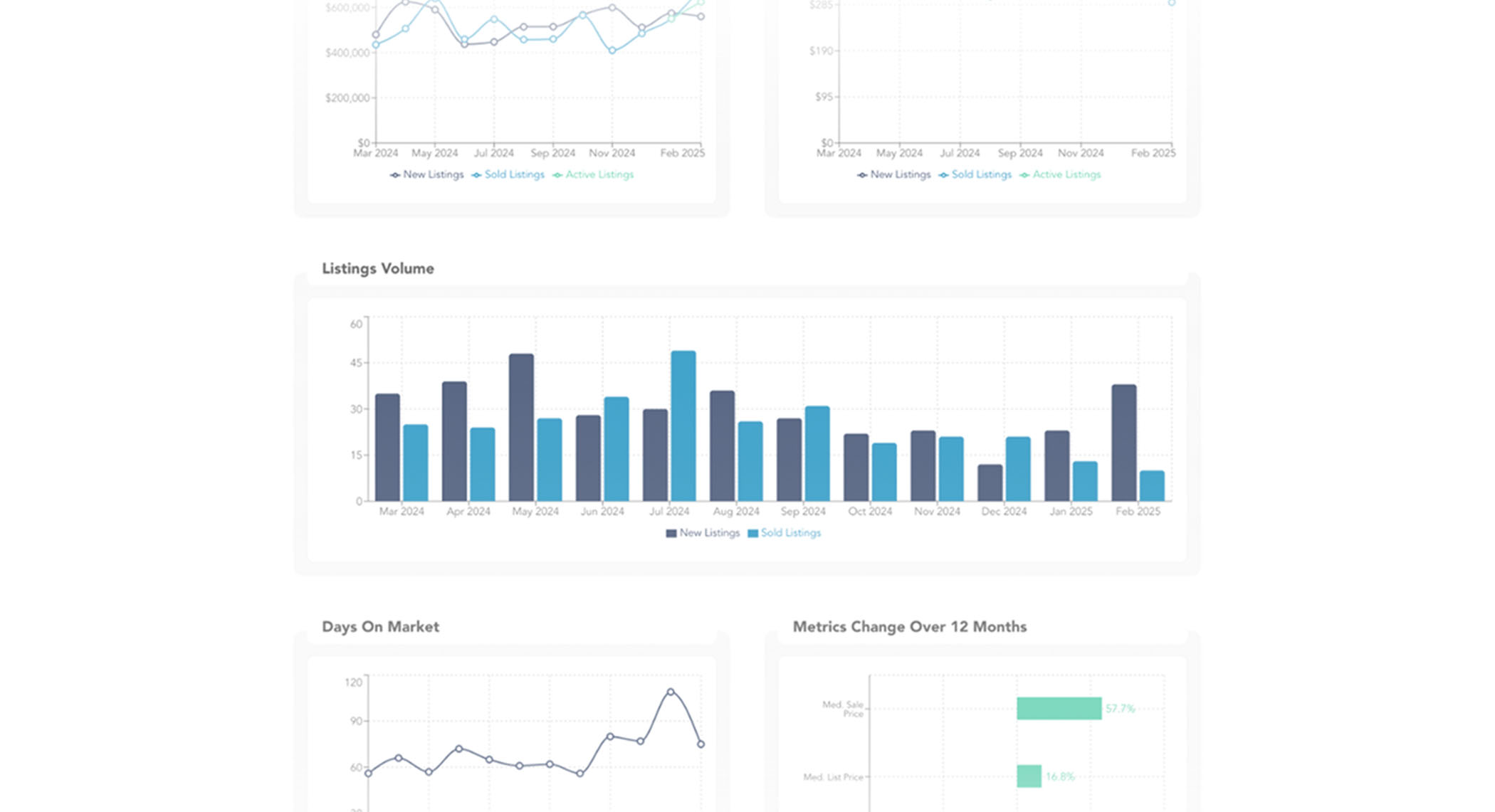Talk Of The Town: Advice From Real Estate Pros At Inman Connect 2016
Last week, several members of the Union Street Media leadership team traveled to San Francisco for the 20th Anniversary of Inman Connect, a conference that brings together leaders from across the real estate world to discuss the future of America’s largest industry.
Here are some of the key takeaways from this year’s conference.
Story Telling In A Noisy World
You may have heard, content is pretty important these days. The problem is that everyone knows it and the competition for share of voice is intense. As this year’s keynote speaker Gary Vaynerchuk put it, he’s in the business of “day trading attention”. Brokerages and agents need to act more like media companies than traditional real estate companies to be noticed by potential customers, and with tools like Facebook Live and Instagram stories, it is now easier than ever to generate branded digital content.
On Day 1 of the conference, Peter Lorimer, owner of California-based PLG Estates, explained the importance of developing a unique voice for your brand.
“The main thing is: be authentic. Be vulnerable, don’t be afraid to fail. Just put it out there and the audience will react.”
He also reminded the audience that it takes time to develop a following. PLG Estates consistently receives over a thousand views on its YouTube videos. But it wasn’t always that way: “We didn’t get over 100 followers until our 20th video, now we get thousands of hits. So just dive into content.”
Did you know? YouTube is now the second largest search engine today, after Google.
Create Customers For Life
Real estate agents need to compete for clients on the basis of service, rather than price, in order to be successful. In other words, the key differentiator between an agent and the competition needs to be demonstrated by the commitment to serving the client.
As discussed at Inman Connect, here are two keys to creating the optimal client experience:
- Understand the Client’s Point of View. This may seem obvious, but far too many agents continue to underestimate the value of a client-first approach. Billy Ekofo, Director of Leads Management at Century 21 Redwood Realty, challenged the agents in the audience to think about their clients as people rather than leads in order to communicate to the client that they are truly worth the attention. For example, Millennials tend to value proximity to family and friends, short commutes and walkability. This is important to understand for each individual customer.
- Focus on Lifetime Customer Value. Most leads aren’t ready to buy a home within the next 30-60 days, but that doesn’t mean they should be ignored. Homebuyers value a long-term relationship with their agent, so don’t try to rush them through the purchase funnel. Instead, let clients know that you are willing to work at their pace and that you will be there for them throughout the entire buying/selling process, no matter how long it takes. This mentality creates a sense of trust and it is the best way to ensure a long-term client-agent relationship. Once the transaction is complete, don’t disappear. Set reminders to check-in with the client every year or six months. That way, when they are ready to buy or sell again, you will be the first agent they call.
Predictive Analytics
Predictive analytics uses existing data to anticipate future market trends and customer needs. In real estate, predictive analytics has been proven to boost the effectiveness of digital advertising targeting and improve ROI.
3 ways predictive analytics is helping real estate agents:
- Connect buyers to homes that match their needs. Instead of using search criteria like number of bedrooms or price, predictive analytics relies on lifestyle attributes to connect buyers with available properties. For instance, if a couple is looking for a 2-bedroom home because they need an extra room for a home office, they could miss out on a great one-bedroom with a nook that could serve as an office, or a finished basement that would make a great workspace. Essentially, predictive analytics makes the buyer’s online home search more intuitive and personalized.
- Anticipate the next hot neighborhood. Using predictive analytics, agents can identify neighborhoods with potential to explode. Does this neighborhood get a lot of foot-traffic due to a nearby office complex or new shopping center? What is the ratio of agents to available properties in this area? Answers to questions like these can help you anticipate trends and stay ahead of the competition.
- Find Sellers. SmartZip uses predictive analytics to identify potential sellers before they ever reach out to a selling agent. The company also helps identify territories that offer the highest turnover and commission potential so you know where to focus your efforts.
[blog_cta]










2 thoughts on “Talk Of The Town: Advice From Real Estate Pros At Inman Connect 2016”
I read your blog information Such an awesome information.
These are some great tips for numerous real estate agents. Creating a relationship with your clients can help ensure that you are assisting them in ways that are best suited for their needs. Predictive analytics is also growing rapidly and should be used by every real estate agent. I’m sure many people will find this article helpful, thanks for sharing Andrew!